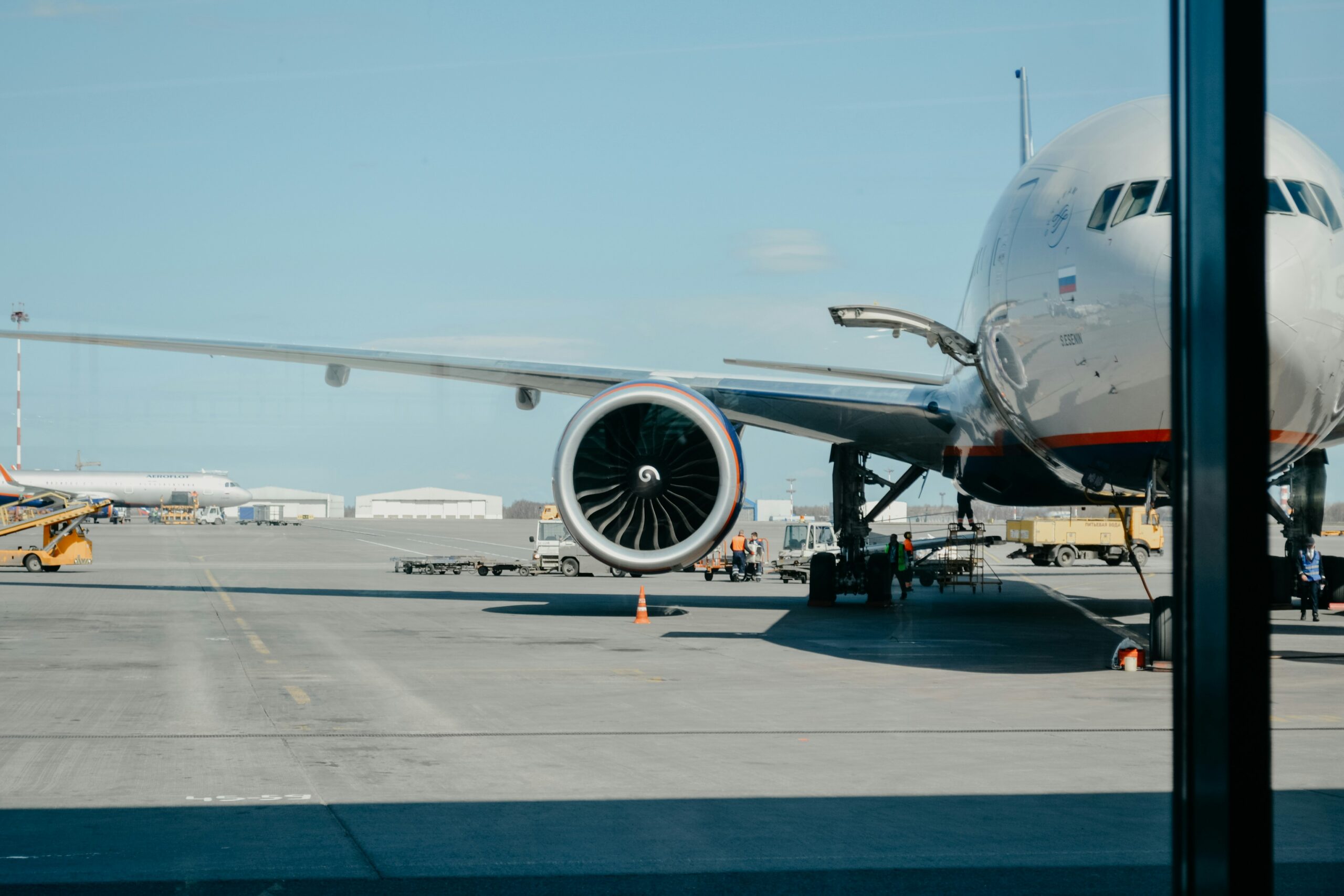Airline crash victims may be entitled to compensation for medical bills, lost wages, pain and suffering, and emotional distress. When the cause of an airline crash is due to the negligence of the pilot(s), crew, or plane defects caused by improper maintenance procedures, punitive damages may also be awarded to victims.
Airplane Accidents and Domestic Laws
Domestic law statutes cover accidents involving U.S. airlines operating inside the United States. Product liability and negligence are two legal concepts commonly used by plane crash lawyers litigating such lawsuits.
Negligence claims involve attorneys proving a breach of duty care by airline personnel, pilots, or maintenance crews. Examples of breaches include pilot errors, poor aircraft maintenance, or air traffic control failure. The courts determine if a breach of duty of care incident deviated from the standard of reasonable care and was a direct cause of the aviation incident.
Plane crashes litigated on product liability claims focus on manufacturing or design flaws affecting the airplane. A strict liability claim means the manufacturer could be held legally responsible for defects causing the plane crash.
For example, if lawyers can prove the accident occurred due to a defective engine component, the company producing that particular component could be liable for compensating victims.
Types of Compensation for Plane Crash Victims
Economic Damages: Current and future medical bills, lost wages, and funeral expenses are common forms of compensatory damages. When victims suffer injuries that may reduce their ability to earn wages they previously earned, they may receive compensation for loss of earning capacity.
Non-Economic Damages: Pain and suffering, loss of companionship, and emotional distress. Courts consider factors like pre-existing conditions, quality of life, and severity of psychological issues when determining non-economic compensation packages.
Punitive Damages: Judges may award punitive damages in cases of gross negligence, such as defective airplane parts or safety violations attributed to the airline company, pilots, or crew.
Establishing emotional distress as a compensable injury involves plane attorneys calling on mental health experts to testify on behalf of their client. Documentation detailing mental health treatments, prescribed medications, and professional diagnoses would be presented to the court to support claims.
Settlements vs. Lawsuits
Settlements
Plane crash settlements are agreements between the responsible party or parties and the injured party to settle out of court. Settlements typically involve attorneys from both sides negotiating a compensation package without intervention from a judge or jury.
Settlements typically provide faster resolutions, reduced legal costs, fair compensation, and eliminate the stress of lengthy court battles or public trials for victims. However, settlements have possible disadvantages, including lower settlement offers than juries may award victims of an airline crash.
Additionally, at-fault airlines do not have to formally or publicly admit liability if they agree to a settlement.
Lawsuits
Attorneys for the defendant(s) and plaintiff(s) litigate (argue) lawsuits in front of a judge only or in front of a judge and jury. In most cases, lawsuits are filed when an out-of-court settlement agreement cannot be reached. Sometimes, victims want their stories heard in a public courtroom and pursue a lawsuit instead of a settlement.
Successful lawsuits generally result in airline crash victims receiving a higher compensation package than they would have received with a settlement. However, lawsuits involving trials and appeals may take several years to resolve. Moreover, depending on the strength of the evidence presented, a judge or jury could potentially grant the victim little to no compensation.
The Federal Tort Claims Act
When the actions of air traffic controllers or other federal employees working for the Federal Aviation Administration (FAA) are responsible for a plane crash, the Federal Tort Claims Act (FTCA) may provide a legal means for victims and their families to seek compensation (redress) from the U.S. government.
If you are considering filing an FTCA lawsuit, consult an accomplished aviation attorney who will advocate for you in court.
Who Can File a Claim?
Physically and emotionally injured survivors of an airline crash, families of deceased passengers, and dependents who are financially impacted by the event can file compensation claims.
Wrongful death claims are civil lawsuits that may be filed by family members of passengers who died at the scene or later in a hospital. Such claims seek compensation for their losses due to the death of a loved one.
Why Legal Help Matters
An aviation lawyer has the in-depth legal knowledge and courtroom experience to negotiate settlements, prove negligence to a jury, and maximize compensation.
If you or a loved one suffered injuries in an airplane crash, contact our law firm at (800) 300-0001 today to obtain the best legal representation available. Our attorneys will work tirelessly to obtain fair and just compensation that will cover your medical bills, lost wages, pain and suffering, and more.



